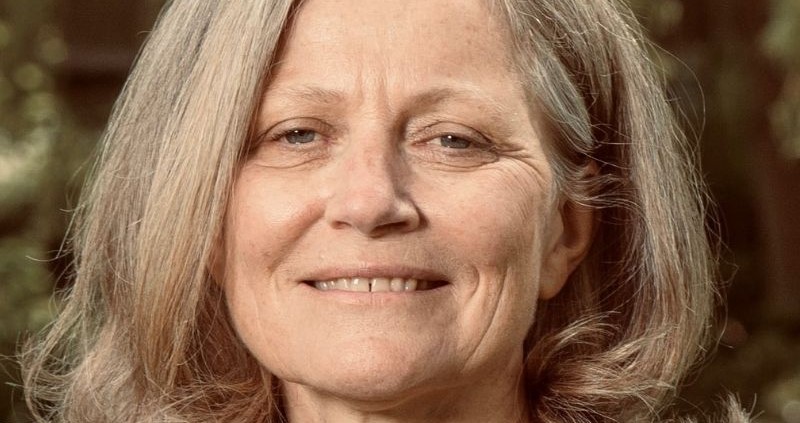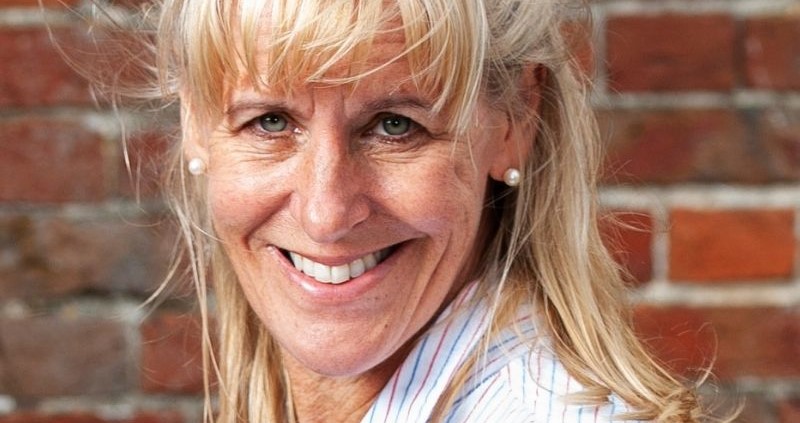Resilience, collaboration and innovation were all under the spotlight on the second day of NFU Conference, as chair of the Environment Agency (EA) Emma Howard Boyd took the stage for her keynote speech on the environment.
"The Environment Agency and the farming sector have shared goals. We must work, learn and innovate together to achieve them," she emphasised.
Building business resilience
A large part of this goal is building business resilience, she said: "Building your resilience isn’t only about avoiding risks, it’s how farmers recover after there has been too much water, or cope when there is not enough water or manage soils for a healthy water system. We want to work with you to make the whole country more resilient."
She said that the EA wished to work with farming as a constructive partner at every opportunity on environmental improvement, flood management and net zero ambitions.
"For me it starts with collaboration, clarity and consistency," she added. "Leaving the EU gave the UK a chance to change laws and help farmers realise new opportunities. The much-discussed public money for public good could unlock more productive agriculture, long-term food security, increased biodiversity and viable infrastructure."
ELMs
In terms of specific examples of the EA working with agriculture, she said it has been advocating to ensure farmers can be paid through the Environmental Land Management scheme if the work they are doing upstream can mitigate downstream flooding.
Defra has asked the EA to lead delivery of the first round of Landscape Recovery, restoring England’s streams and rivers as part of ELMs. These projects aim to restore water bodies, rivers and flood plains to a more natural state, reduce nutrient pollution, benefit aquatic species, reduce flood risk and increase resilience to climate change.
"If we get things right, we can unlock investment into resilience in food production and ensure that farmers are not ripped off by cowboys in city suits and welly boots."
Emma Howard Boyd, Environment Agency chair
Legal, financial and delivery responsibilities
"This is an extension to our current role. It involves extending our legal, financial and delivery responsibilities and will secure additional future farming and countryside project funding," said Mrs Howard Boyd. "To enable the EA to adopt this new role, Defra will delegate specific powers to make and administer grants under the Agriculture Act 2020."
But she stressed that for farming to make the most of new opportunities it will also need private investment as well as public money, along with the establishment of standards that everyone can understand and follow.
Improved soil health
"Many farmers are interested in trying to the sell the environmental services that come from improved soil health, be that carbon sequestration, nutrient run-off reduction or greater water retention for flood resilience," said Mrs Howard Boyd.
"Such markets could be catalytic to farming’s future. But investors and farmers need great certainty about the outcomes and the products on sale. This could come in the form of standards. We don’t have a soil carbon code yet and we would benefit from other standards for nutrient trading and natural flood management. The alternative is that green markets become like the Wild West where farmers don’t always draw first."


